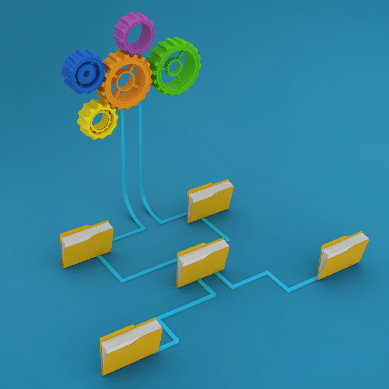The ACPA is a federal law that addresses this crime.
The ACPA (Anticybersquatting Consumer Protection Act is a federal law that prohibits the abuse of marked domain names with the intent to profit from the reputation that these domains have built. An unauthorized user may be found liable for attempting to profit from a distinctive mark. State laws also can protect owners of intellectual property and domains.
What is Included in the ACPA?
The act, in part, states that:
- A person shall be held liable by the owner of a domain or digital mark, if, without regard to the goods or services of the parties, that person
- has a malicious intent to profit from that mark and
- registers or uses a domain name that
- in the case of a mark that is distinctive at the time of registration of the domain name, is identical or confusingly similar to that mark;
- in the case of a famous mark that is famous at the time of registration of the domain name, is identical or confusingly similar to or dilutive of that mark; or
- is a trademark, word, or name protected because of section 706 of Title 18 or section 220506 of Title 36.
The term “typosquatting” is not expressly written in the act. However, the ACPA has been interpreted as prohibiting both typosquatting and cybersquatting. The phrase “confusingly similar,” used in the ACPA, includes the intentional registration of domain names that are misspellings of well-known or famous names, causing an internet user who makes a slight spelling or typo to reach the impersonated site accidentally.
Typosquatting protection is very strict under the ACPA. The act provides victims with a right to statutory damages “not less than $1,000 and not more than $100,000 per domain name” to provide restitution of profit to the legitimate domain holder.
How to Prevent Cybersquatting and Typosquatting?
Typosquatting detection tools can be employed to identify look-alike domains of know brands, as well as lesser-known domains.
Once a potential suspect domain is identified, you can request a domain takedown. This involves a process of removing abusive domains from the web. Usually done on the “registrar” level, this process is sometimes very slow.
Please login or Register to submit your answer





